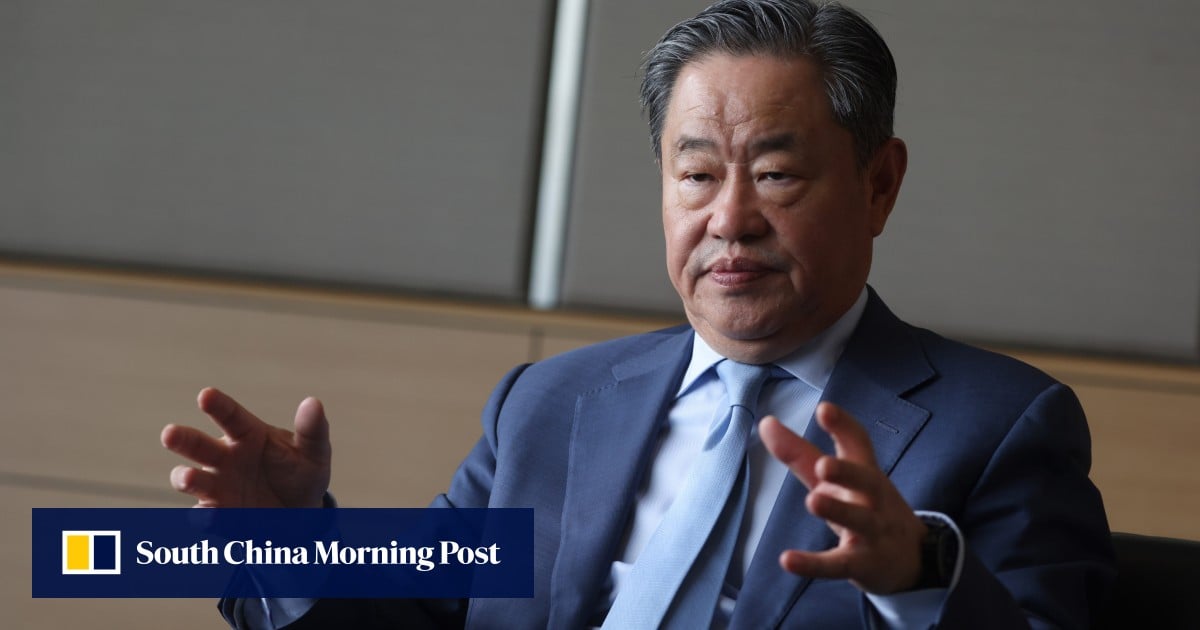


Sparks fly at WTO over EV subsidies as China files complaint against US
The two proposals would next be submitted to the relevant trade or commerce ministries in each of the 21 member economies of Apec – including Hong Kong and Taiwan – for discussion by their senior officials, before they are recommended to the respective heads of government. If adopted, the proposal could make its way into the communique after the Apec Leaders’ summit in the Peruvian capital Lima, during a weeklong meeting that starts on November 10.
There is no guarantee of success, as Abac proposals must wend their way through the bureaucracies of 21 member economies before appearing on the leaders’ agenda. Even if they are adopted, Apec’s pronouncements are non-binding.
No time for divisions as Xi reaffirms faith in mission of Apec
“Homeshoring, reshoring and friendshoring are really all against the original purpose of Apec, which was established at the end of the Cold War for the purpose of integration, free trade, environmental [protection] and sustainability,” Ning said. “It’s not very often today [that] a Chinese organisation and a US organisation [can] reach an agreement on [proposals] that are beneficial to business.”
The proposal about new-energy products will help to address sustainability, climate change, and carbon deduction. “It’s an inevitable and very urgent task,” Ning said. “We experienced the hottest weather already last year. We should really [handle] that threat globally.”
What will it take for global battery makers to catch up with China’s lead?
In his view, China is leading the way in this regard. “China is pushing for free trade, environmental policy, [and] transition for energy.”
China is already the world’s largest electric-car market. New-energy vehicles (NEVs) will make up about half of new car sales in mainland China by 2030, as state incentives and expanding charging stations win over more customers, according to Moody’s Investors Service. NEVs comprise pure-electric cars, plug-in hybrids and hydrogen-powered cars.
“The members realise the very fast-growing electric vehicle market inside China. We anticipate it will be over 60 per cent in the next five years, sometime [in] 2030, and will take an overwhelming position in the global car market,” said Ning, who is a leader in Abac’s sustainability working group.
‘The advantages are obvious’: how China’s BYD became the world’s No 1 EV maker
“Business and government today seem to get different views for different reasons. What is fair trade? What is national security? And many, many things confuse everybody, and … the trade becomes less free.”
He thinks China should lead by example. “China will have to develop and manage its own business well, and try to be competitive. Try to be the open economy in the world and open for trade and investment, and still to lead the way in the open competition globally,” Ning said.
Another proposal by Canada during the Abac meetings in Hong Kong is about food security.
Canada, one of the world’s biggest food and agricultural product exporters, has called for more private-sector participation in food policy to enable the free flow of trade without concentrating the production in a few areas, according to Ning.
“The world can generate enough food today because the world still has enough land. But if you’re talking about 2050, the global population will grow to 9 billion. There is now doubt about it,” Ning said.
Established in 2011, the Apec Policy Partnership on Food Security is a task force to strengthen public-private cooperation to address food security issues in the region.
The Apec views food as a super commodity, which is something one cannot weaponise, Ning said.